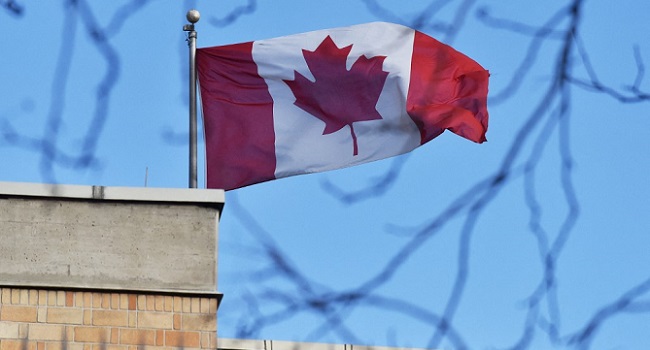
Canada unveiled Wednesday a national carbon emissions market to help it meet its climate goals by allowing cities, farmers and others to sell credits for CO2 reductions to heavier polluters.
Under the system, registered participants can generate one credit for each tonne of emissions they reduce or remove from the atmosphere.
Credits can then be sold to others in Canada to help them meet compliance obligations or emissions reductions goals.
“This system gives foresters, farmers, Indigenous communities, municipalities and others an opportunity to earn revenues by cutting pollution,” Environment Minister Stephen Guilbeault told a news conference.
Some environmental groups, however, called it a step backwards in the fight against climate change.
“Offsets don’t stop carbon from entering the atmosphere and warming the planet, but on paper they make the big polluters look good,” Greenpeace’s Salome Sane said in a statement.
Ottawa has pledged to reduce Canada’s carbon emissions by up to 45 percent below 2005 levels by 2030.
But several independent reports have said the government is not doing enough to reach that target, and is lagging behind its G7 counterparts in slashing emissions.
Its new offset credit system, which allows credits to be generated from projects started after January 1, 2017, would allow landfills to sell credits for captured methane, for example.
Farmers could generate credits by sequestering more carbon in their soil by alternating fields in which they plant crops, or using feed for livestock that produces less burped gasses, while forestry firms could do the same by thinning diseased trees and managing brush to reduce wildfires.
“You can’t just go out and plant a tree in your front yard and get a credit,” an official told a briefing.
The emissions cuts must be new, verifiable, and permanent to qualify under the program, which will also include direct carbon capture from the air once those details are hammered out.
The federal system also prohibits trading of duplicate credits. The province of Quebec, for example, is already part of the US state of California’s cap and trade system known as the Western Climate Initiative.




